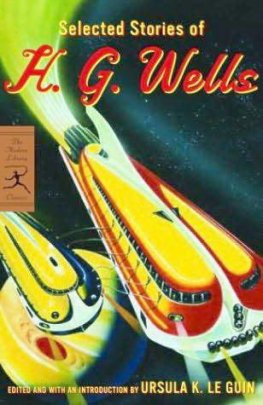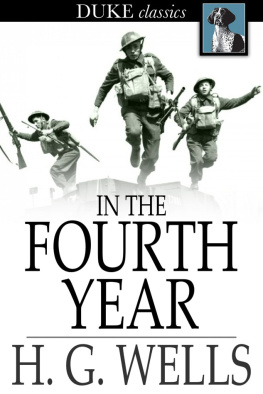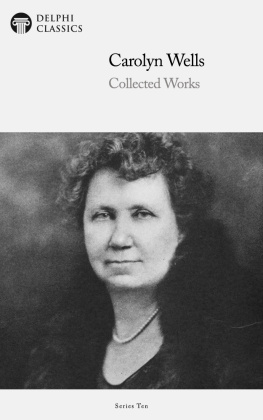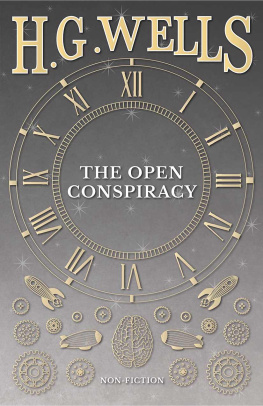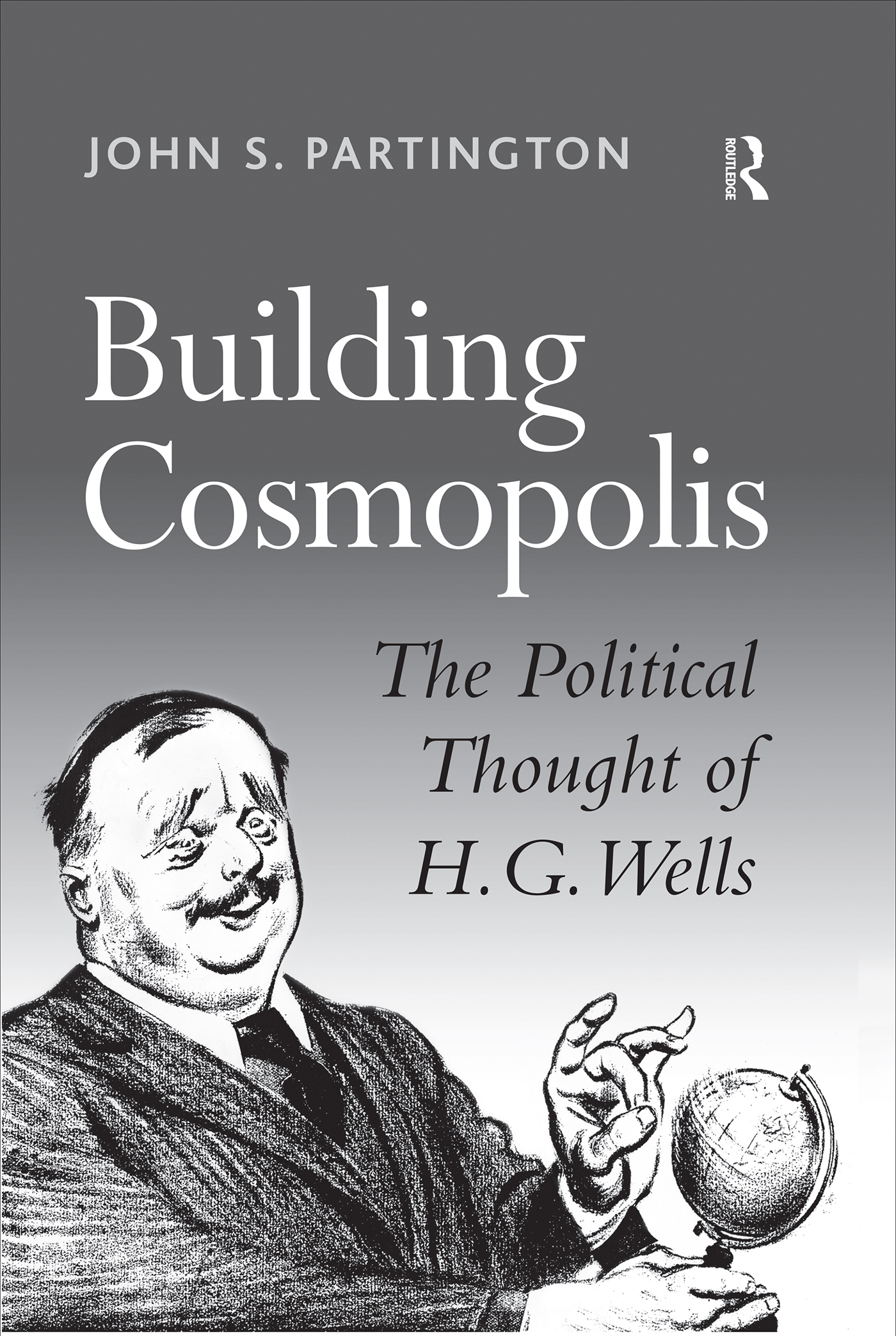CONTENTS
First published 2003 by Ashgate Publishing
Published 2016 by Routledge
2 Park Square, Milton Park, Abingdon, Oxon OX14 4RN
711 Third Avenue, New York, NY 10017
Routledge is an imprint of the Taylor & Francis Group, an informa business
Copyright John S. Partington
The author has asserted his moral right under the Copyright, Designs and Patents Act, 1988, to be identified as the author of this work.
All rights reserved. No part of this book may be reprinted or reproduced or utilised in any form or by any electronic, mechanical, or other means, now known or hereafter invented, including photocopying and recording, or in any information storage or retrieval system, without permission in writing from the publishers.
Notice:
Product or corporate names may be trademarks or registered trademarks, and are used only for identification and explanation without intent to infringe.
British Library Cataloguing in Publication Data
Partington, John S.
Building Cosmopolis : the political thought of H.G. Wells
I. Wells, H. G. (Herbert George), 1866-1946- Political and
social views 2. Wells, H. G. (Herbert George), 1866-1946
Views on international organization 3. Wells, H. G. (Herbert
George), 1866-1946 - Criticism and interpretation
4. International organization
I. Title
823.912
Library of Congress Cataloging-in-Publication Data
Partington, John S., 1973
Building cosmopolis : the political thought of H.G. Wells / John S. Partington.
p. em.
Includes bibliographical references and index.
ISBN 0-7546-3383-7 (alk. Paper)
1. Wells, H. G. (Herbert George), 1866-1946--Political and social views. 2. Politics and literature--Great Britain--History--20th century. 3. Political science--Great Britain--History--20th century. 4. Political fiction, English--History and criticism. I. Title.
PR5778.P6P37 2003
823.912--dc21
2002043955
ISBN: 978-1-3519-5425-9 (ebk)
Contents
The research and composition of this book has taken five years and has involved the assistance of many people. Primary among them has been Professor Patrick Parrinder who supervised my doctoral research and was faultless in guiding my argument down relevant channels. Patrick's important position in British literary, and international Wellsian, studies has been of great benefit to me in making new acquaintances and obtaining academic experiences which I would not have acquired on my own. He was important, for example, in persuading me to take on the editorship of The Wellsian, the journal of the H.G. Wells Society (1999-present), and he was kind enough, through his position as editor of the English Fiction and Prose 1890-1945 section of the Annotated Bibliography for English Studies, to appoint me as the contributor to the Wells and science fiction subsection of that important literary database (1998-present). In addition, our attendance at conferences together have privileged me with entry into the international family of Wells scholars, several of whom will be mentioned below. For all this, as well as for his personal friendship, I thank Patrick wholeheartedly.
Professor Gregory Claeys and Dr Geoffrey Harvey, who examined this book when it was presented to them as a doctoral thesis, have been important influences in the final stages of my research. They provided me with useful tips on revising my thesis into a publishable monograph and for that I am extremely grateful.
Two other scholars have been very important to the progress of this project and deserve mention next.
The frrst is David C. Smith, Emeritus Bird Professor of History at the University of Maine, Bangor. David has been unfailing in his advice throughout the years of my research. His splendid biography of Wells, the greatest addition to Wells's canon since his death, has been an invaluable source and one that should be available in all libraries of twentieth-century history. His published work aside, however, David has also been a tremendous help through his emailed advice and through the access he has given me to his unpublished bibliography of Wells's works and his unpublished fifth volume of Wells's correspondence. Unlike all its published predecessors, David's bibliography includes all of Wells's journalism, prefaces and introductions, as well as his books, amounting to over 4000 items in total, while his fifth volume of Wells's correspondence adds upwards of 500 letters to the four volumes already in print. Finally, I must thank David for his comments on the immature draft of this monograph. His insights have inspired many fundamental revisions and thus the project would have suffered severely without his measured thoughts.
Finally I must mention W. Warren Wagar, Distinguished Teaching Professor Emeritus of History at the State University of New York, Binghamton. I only got to know Warren in the final two years of my research, though I have been familiar with, and admired, his masterly doctoral dissertation, first published in 1961, for several years. Warren's H.G. Wells and the World State laid the foundation for all later scholarship concerning Wells's political thought and, despite its forty years, it is as useful today as when it was first published. In addition to his published work, Warren's lengthy emailed comments in reply to my many queries concerning his research and Wells's thought have been of immense value. I am especially grateful for the comments he made on the final draft of this book. On several key points concerning Wells's thought we have found we disagree; but this has not prevented us striking up a good friendship.
In terms of institutional acknowledgements, I must first mention the H.G. Wells Society.), which they co-organised.
I must also pay credit to the Departments of English, History and Continuing Education at the University of Reading, the staff of which have been of valuable assistance to my research. In addition to Patrick Parrinder and Geoffrey Harvey, I must also thank Professor John Pilling of the English department and Professors Edward James and Michael Biddiss of the History department for their contributions to my annual Progress Reviews during my doctoral research and for providing valuable criticisms of my research for this book at various stages of its development. I would also like to acknowledge Dr Jonathon Bignell, formerly of the University of Reading's English department but now pursuing film and media studies at Royal Holloway College, University of London. Jonathon was the organiser of the English department's Modern Research Seminar and he was kind enough to invite me to present a paper at that forum during my preliminary research. Acknowledgement must also be made to the Departmental Secretary, Carole Robb, and the Postgraduate Secretaries, Joy Braun (until 1998) and Jan Cox (1998 to the present), of the Department of English whose administrative assistance during the period of this research has been unfailing. Finally, but vitally important to the pursuit of my research, I would like to thank the anonymous committee of the University of Reading's Research Endowment Trust which awarded me, in September 1997, a three-year Postgraduate Research Studentship. This Studentship fmanced my research between 1 October 1997 and 30 September 2000 and also contributed towards the costs of my attending several conferences. Without such funding I would not have been able to undertake the doctoral programme which has led to the production of this book.
In addition to the several conferences mentioned above which have allowed me to present sections of my research to the wider academic community, I would also like to thank the organisers of four other conferences: firstly, Professor Elmar Schenkel of the Institut fr Anglistik, Universitiit Leipzig, who organised a conference on science, technology and literature;


